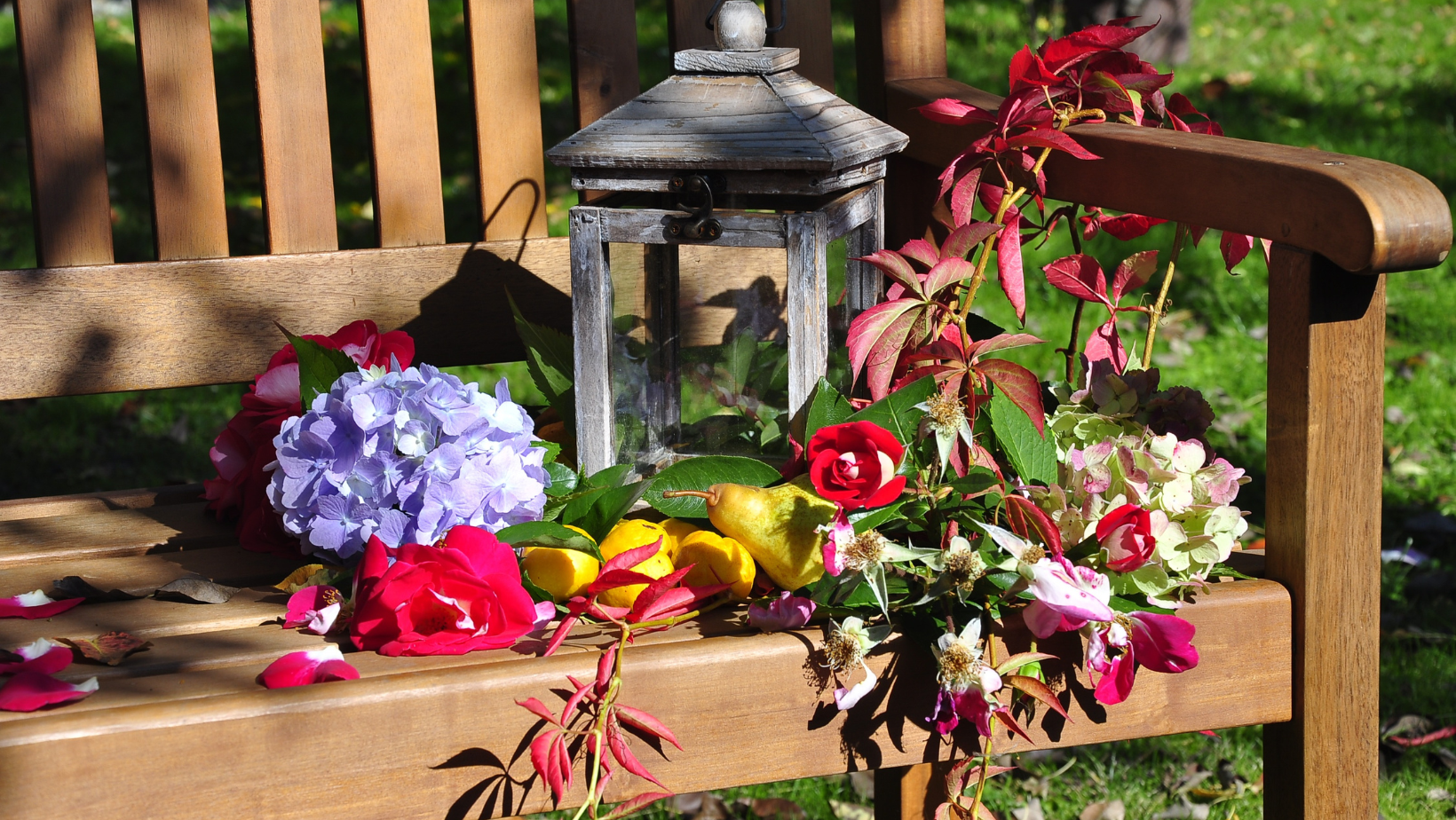Sacred Abundance

“Those of us who were part of the Vision Coalition and worked on Vision 2025: Our Ongoing Hope have been asked to write reflections on the Guiding Principles of Vision 2025. The Guiding Principles are statements that remind us of who we are and who we are becoming — a place where both the present and our hope for the future reside together. Guiding principles reveal what we need to commit to for our Vision to come about. They guide the way we work, organize ourselves and live our purpose together and in the world.” – Susan Etherton
I am moved by the guiding principle of Sacred Abundance: “[It is] within and around us [as we] seek to act with generosity and trustworthiness [stewarding] our resources – human, natural and financial.”
Scarcity, in distinction, is such a taken-for-granted concept in our society that it profoundly orients our lives. When we cannot make ends meet without working two or three jobs, scarcity has an urgent and unequivocal meaning. Such instances of scarcity are manufactured by systemic greed, and its consequences are devastating. Even when we live in economic comfort, we often find ourselves treating money, status, attention, even romantic partners as if they are scarce resources for which we must compete against others. And regardless of our financial circumstances, we can forget that love, kindness, curiosity, wisdom and responsibility are not scarce; they are abundant!
For a growing, Spirit-centered non-profit like Shalem, audience, participants and philanthropic donations can be seen as scarce resources. As Shalem staff, board members and participants, we can also find that setting aside time for contemplation feels scarce; that we cannot accomplish all that we hope to because time is scarce. It is important to distinguish between scarcity and finitude. Our energy and the hours in the day are finite, but our love and commitment multiply possibilities.
“In the human world,” Parker Palmer has written, “abundance does not happen automatically. It is created when we have the sense to choose community, to come together and share our common store.”
Palmer is correct that abundance does not happen automatically. At the same time, in our world of tremendous wealth and technology, neither is scarcity a foregone conclusion. We must all struggle against the fiction that it is. There is enough for all of us.
How do we undermine our own complicity in systems that tempt us with things and pull us away from each other, that distract us with messages that feed our egos, pulling us into the repeated assumption that scarcity is the human condition?
I believe we are called to educate ourselves: to understand the ideological systems that can hold sway over us, and to study the ways in which things can be different. When we consider how much scarcity has invaded our thinking, our language, even our unconscious expectations, we must admit that it will not be easy to re-imagine abundance.
The expectation of abundance requires us to make commitments – to our families, to the faith communities we sustain and that sustain us, to our neighborhoods, our workplaces, our politics, and to the organizations about which we care most. Shalem is one of those organizations for me.
Together, we have claimed Sacred Abundance as one of our Guiding Principles and we have set stewarding that abundance with generosity and trust as a principle to which we will hold ourselves accountable.
I believe that when we practice generosity on a small scale, we get better at doing it on a larger one; that when generosity becomes habit, abundance abounds; and that when abundance is treated as sacred, we become the beloved community.
View the complete Vision 2025: Our Ongoing Hope here.

#GeauxSight
Have a good day!$!